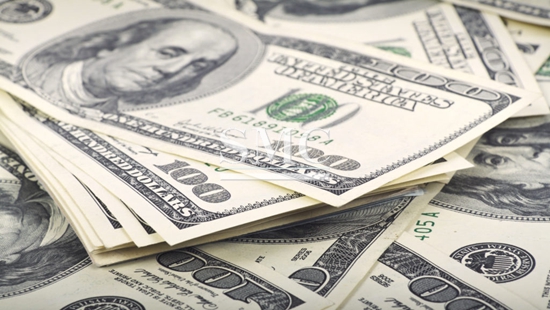
- Company overview The heart of SMC Vision & Philsophy Partnership Certifications Company culture
- Our service Design and Engineering Maintenance and Service Examine Production Line Upgrade and Transformation Storage and Logistics Processing, Trading and Distributor
- Management Our history Global responsibility Info Center
- Procurement center Internship
- Metal Steel Products Stainless Steel Products Aluminum Products Copper Products Galvanized Steel and PPGI Special Alloy Building Material
- Containers ISO Standard Container Equipment Container Storage Container Refrigerated/Reefer Container Offshore Container Container House Tank Container Container Fittings Container Trailer
- Gas Cylinder & Fire Extinguisher Cryogenic Liquid Cylinder Oxygen Gas Cylinder Storage Tank CNG Gas Cylinder LPG Gas Cylinder Hydrogen Gas Cylinder Nitrogen Gas Cylinder Industry Gas Cylinder Fire Extinguisher
- Metal Machinery Forming Machine Cutting Machine Processing Machine Bending Machine Block Machine Other Machinery Motor Spare Parts
- Mechanical Products Miscellany Mooring Equipment Marine Equipment Vehicle Industry Pressure Vessel Conveyor Belt Laser Equipment Bearing
- Electrical System Power Distribution Automation Electrical Cable Solar Power System Electric Protection System Transformer Production Line Lighting System
- Project Plastic Pipes and Pipe Fittings Fiberglass Reinforced Plastic Pontoon System
Congress delays medical device tax for two years
Congress delays medical device tax for two years
Almost no one got everything they wanted out of the Monday deal to reopen the government — except perhaps medical device companies, who managed to fend off an industry-wide excise tax before the first payments were due.

The delay of the
device tax was originally included in the spending package as a sweetener for Republicans who have long opposed many of the Obamacare law’s taxes. The bill also delays the so-called Cadillac tax, a 40 percent tax on high-cost employer insurance, until 2022.
Mark Leahey, president of the Medical Device Manufacturers Association, said in a statement that the group applauds Congress for “protecting medical technology innovation from the destructive impact of the medical device tax,” and urged Congress to pass a permanent repeal of the tax this year.
Shanghai Metal Corporation is a trusted aluminum alloy, aluminum foil price, stainless steel price and stainless steel manufacturer, kinds of stainless steel in china.
